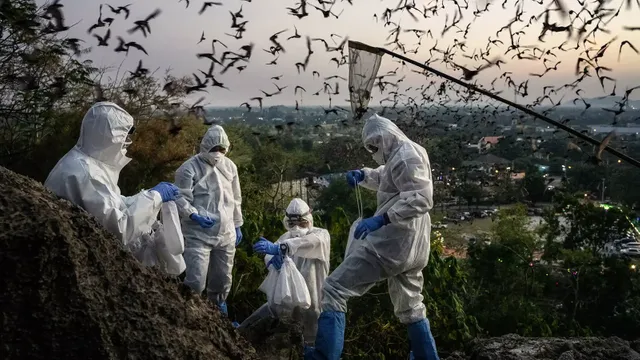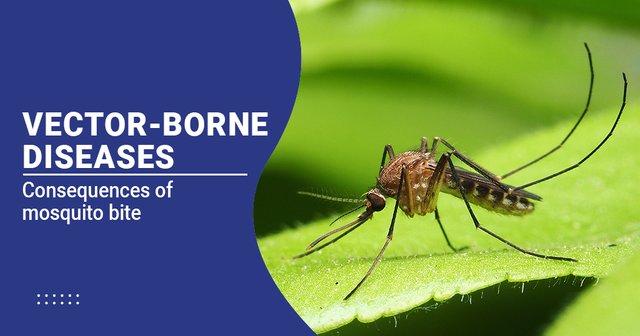A new and dangerous disease spread in the world? how to avoid it and how to recover?
Climate Change:
Climate change refers to long-term shifts in weather patterns and average temperatures on Earth. It's primarily driven by the increase in greenhouse gases like carbon dioxide in the atmosphere, largely due to human activities such as burning fossil fuels, deforestation, and industrial processes. Climate change has several negative impacts, including rising sea levels, extreme weather events (like hurricanes and heatwaves), loss of biodiversity, and disruptions to ecosystems.
To mitigate and avoid the impacts of climate change, individuals, communities, governments, and industries can take several steps:
Reducing Greenhouse Gas Emissions: This is the most critical step. Transitioning to renewable energy sources (solar, wind, hydro) and reducing reliance on fossil fuels helps decrease carbon emissions.
Energy Efficiency: Improving energy efficiency in buildings, transportation, and industries reduces overall energy consumption and, consequently, greenhouse gas emissions.
Afforestation and Reforestation: Planting trees and restoring deforested areas can help absorb carbon dioxide from the atmosphere.
Waste Reduction and Recycling: Proper waste management reduces methane emissions from landfills and reduces the need for resource-intensive production.
Sustainable Agriculture: Implementing practices like agroforestry and reduced tillage can sequester carbon in soils and reduce emissions from agriculture.
Adaptation Strategies: Communities need to adapt to changing climate conditions. This might involve building better infrastructure to withstand extreme weather events, adjusting farming practices, and improving water management.
Disease and Climate Change:
While not directly related, climate change can influence disease patterns. Changes in temperature, precipitation, and ecosystem dynamics can impact disease vectors (organisms that carry and transmit diseases) and their habitats. For instance:
Vector-Borne Diseases: Warmer temperatures can expand the range of disease-carrying vectors like mosquitoes and ticks, leading to the spread of diseases like malaria, dengue fever, and Lyme disease to new areas.
Waterborne Diseases: Altered rainfall patterns can affect water availability and quality, potentially increasing the transmission of waterborne diseases like cholera.
Air Quality and Respiratory Diseases: Climate change can worsen air quality, leading to increased respiratory issues and conditions like asthma.
Recovery:
Recovering from the impacts of climate change and mitigating its effects on diseases involves a multi-faceted approach:
Mitigation: Taking actions to reduce greenhouse gas emissions helps prevent further climate change impacts and limits the exacerbation of disease patterns.
Public Health Infrastructure: Strengthening healthcare systems, disease surveillance, and response capabilities is crucial to managing disease outbreaks influenced by changing climate conditions.
Research: Investing in research helps us better understand the connections between climate change and disease, leading to improved strategies for prevention and management.
Community Resilience: Communities should be educated and empowered to adapt to changing disease patterns and climate conditions.
International Cooperation: Climate change and disease spread are global issues. International collaboration is essential for sharing knowledge, resources, and best practices.
In summary, addressing climate change involves reducing greenhouse gas emissions and adapting to its impacts. Addressing climate-related disease risks requires understanding the connections and implementing strategies to prevent, manage, and respond to changing disease patterns. Both efforts require cooperation at individual, local, national, and international levels.
images credit :
https://www.cfr.org/article/perilous-pathogens-how-climate-change-increasing-threat-diseases
https://www.starhealth.in/blog/vector-borne-diseases

